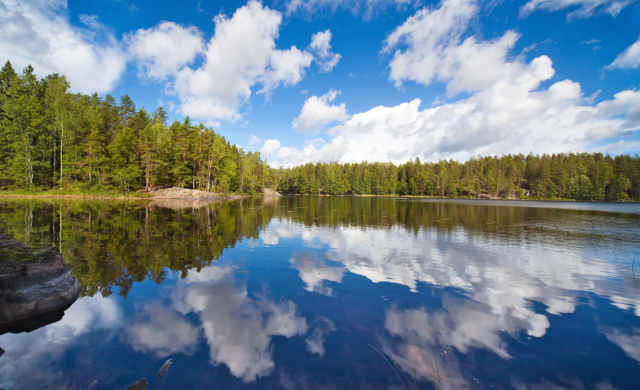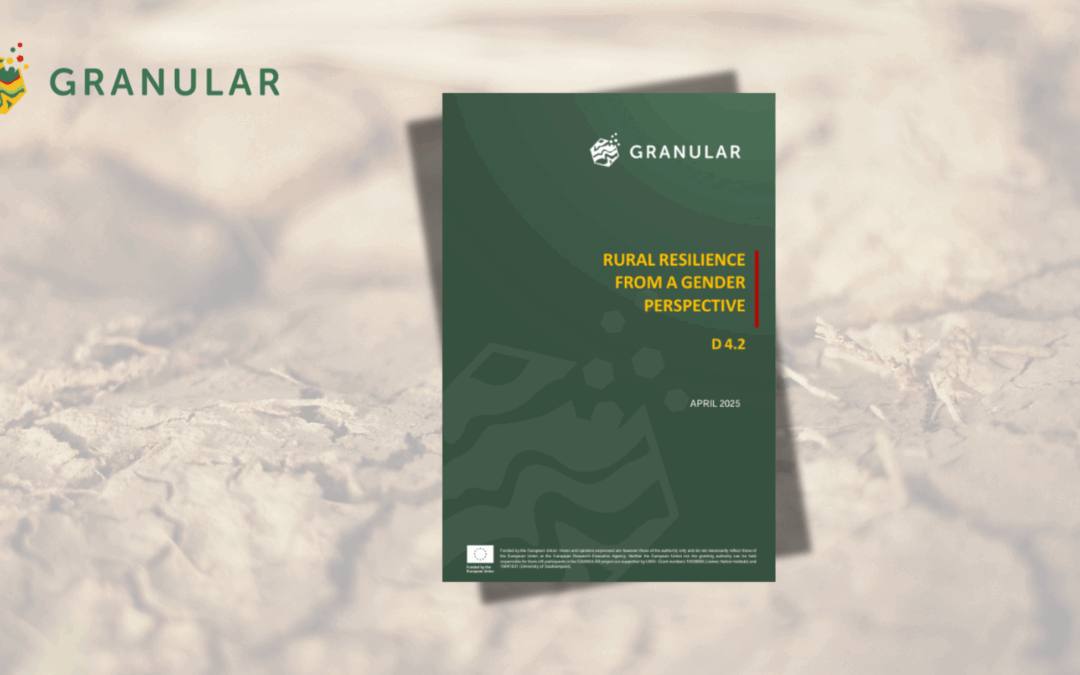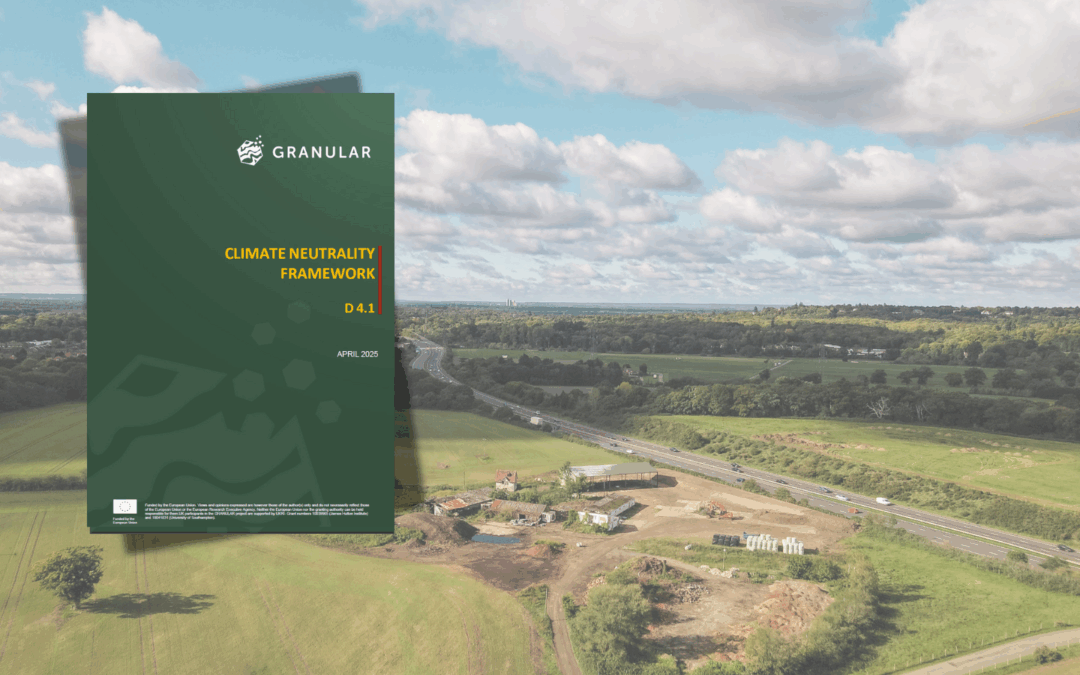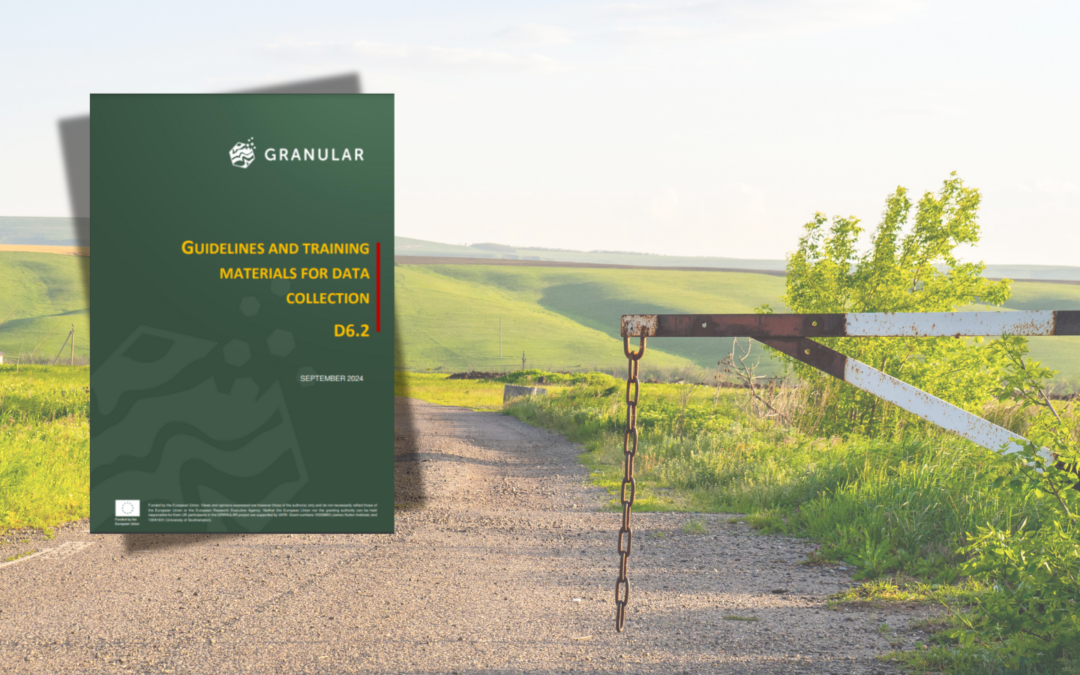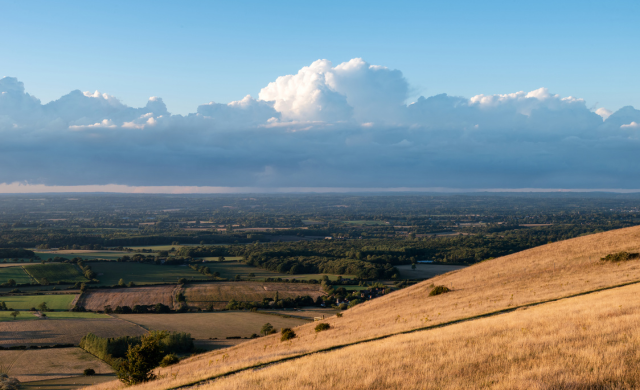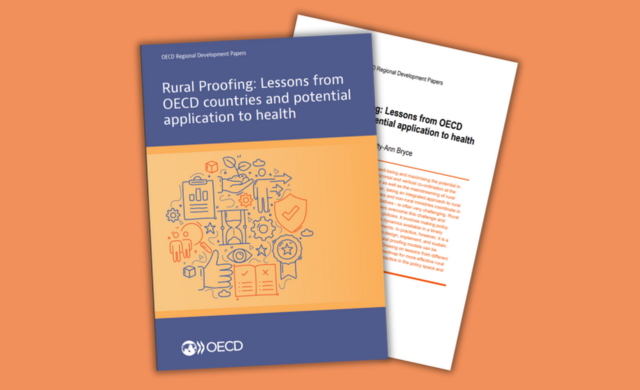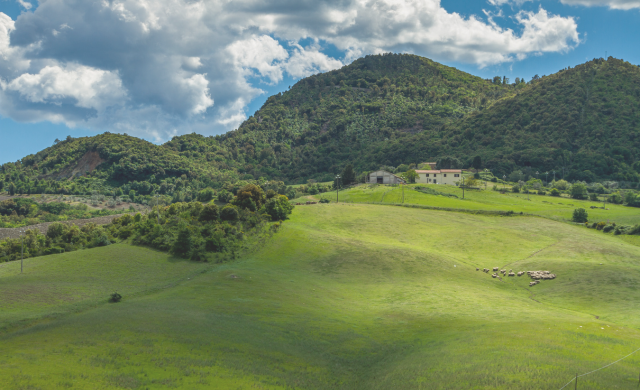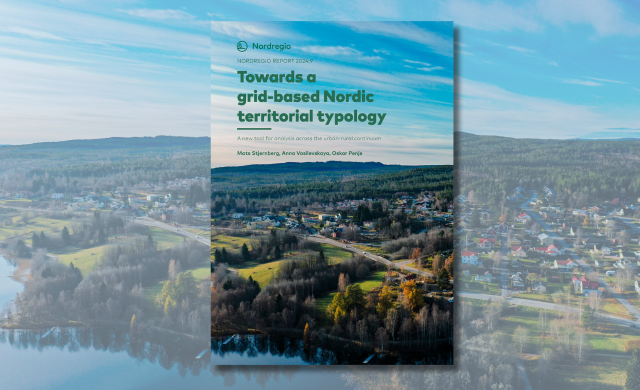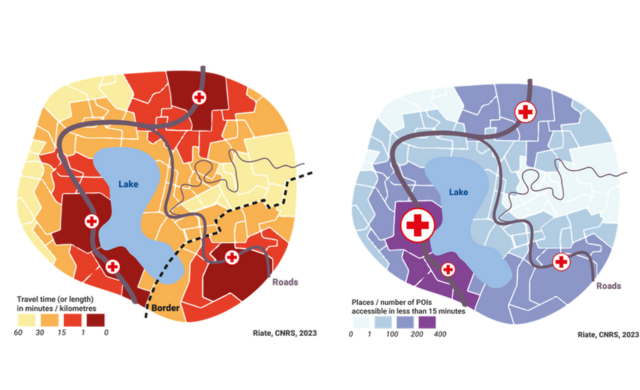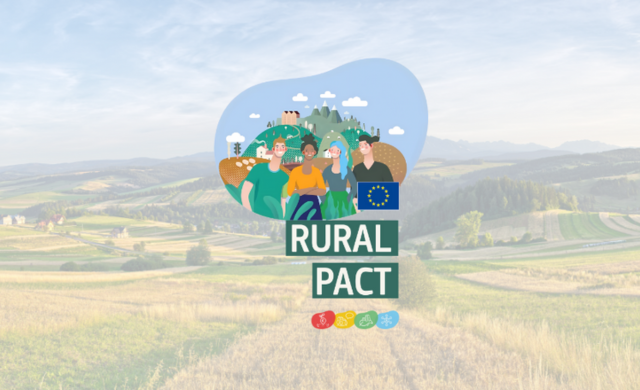Authors: Michael Kull, Natural Resources Institute Finland (LUKE), Tristan Berchoux (IAMM) and Ian McCallum (IIASA).
In an era where decision-making is increasingly relying on both accurate and granular data, understanding the dynamics of rural territories is crucial for informed policy development. As part of the project GRANULAR, researchers have conducted a comprehensive study probing the performance and costs associated with acquiring data relevant to rural territories through extensive collaboration with regional, national, and international data providers, Living Labs, and statistical offices. This blog post delves into the key findings and implications of this recently published report, shedding light on the challenges and opportunities in utilizing open data for rural development.
Accessibility to Rural Data – insights from 16 countries
Our recently published report, we engaged with national statistical offices and data providers across 16 countries to provide a detailed exploration of data accessibility for rural development in European countries. We highlighted key open databases, data domains, and types of data available, emphasizing the need for a diverse range of information spanning demography, economy, agriculture, and tourism.
A Wealth of Information – 27 “data fiches” as quick guides to different datasets
In the report, the research teams compiled 27 data fiches covering various rural functions and domains. The data fiches are like quick guides to different datasets, explaining what they can be used for and how much it costs to collect and manage them. These fiches provide a detailed description of each dataset, including indicators, spatial and temporal information, and cost breakdowns. The inclusion of cost categories, such as data infrastructure, governance, and model training, offers a framework for understanding the complexities of rural data collection.
Inspirational examples from across the EU – 9 stories from the field
Nine exemplary case studies showcase innovative data collection and provision methodologies at both local and international scales. These examples range from monitoring subjective well-being in Finland, keeping an eye on traffic on local roads in France, using tech to care for the elderly in Galicia, to using Earth Observation and Citizen Science on a global scale. They all highlight the diverse ways in which data can be harnessed for rural development and provide “behind-the-scenes looks” at how data can make a real impact.
Challenges and Opportunities
In our report, we also acknowledge diverse challenges, emphasizing the diverse array of costs associated with data collection methods, from traditional surveys to more technologically-driven approaches like remote sensing and citizen science. The analysis underscores the necessity of improving local capacities in GIS, data management, and data collection skills through strategic capacity-building. In other words, having access to free data is not always enough; local territories also need people who know how to find it and how to make sense of it.
Next Steps, recommendations and conclusion
The report does not only shed light on the challenges and costs associated with acquiring data for rural territories but also makes suggestions for leveraging open data for informed decision-making. The ongoing efforts in GRANULAR align with the EU’s concept of open data as part of its broader digital agenda and quest for continuous improvement in the availability and quality of public sector information.
Embracing the recommendations and building on the insights provided may contribute to unlocking the potential of open data, fostering innovation and maximizing societal and economic benefits.
If you are interested in finding out more, do not hesitate to consult the report on our website.
